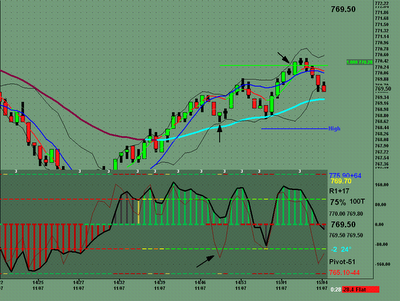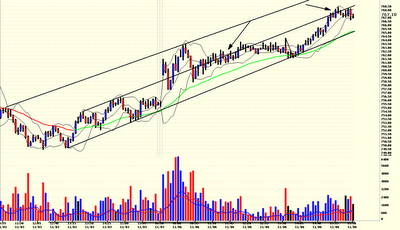Many of the thinking patterns that adversely affect our
trading are a function of the natural ways in which we were brought
up to think and see the world. These thinking patterns are so deeply
ingrained that it rarely occurs to us that the source of our trading difficulties
is internal, derived from our state of mind. Indeed, it seems
much more natural to see the source of a problem as external, in the
market, because it feels like the market is causing our pain, frustration,
and dissatisfaction.









